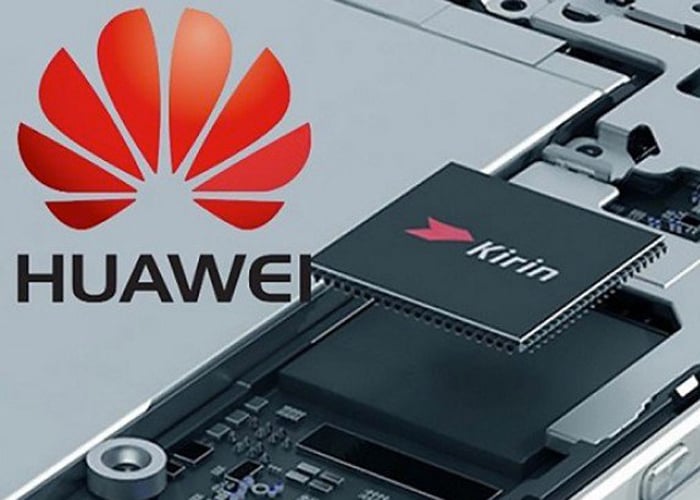The US ban did hit Huawei in several aspects apart from its smartphone hardware and software parts supply. The ban ensures Huawei was unable to procure the computer chips called base station that is an integral component of the company’s newly introduced high-speed (5G) wireless networks. Huawei, according to its US-based executive Tim Danks, was able to manufacture the base station.
The exec also disclosed that Huawei sold over 50,000 of the next-generation base stations that didn’t have any vestiges of the US at all. This is yet another proof that the company is gradually attaining self-reliance for technological components. However, the sales figure represents just 8% of the total base stations sold by Huawei in February as a total of 600,000 were shipped out.
A base station is a typically suitcase-sized piece of machinery that’s used to help connect wireless phones to fixed-line networks carrying internet traffic, and it’s an essential ingredient in the next, or fifth, generation of mobile networks. Popular among telecommunications providers, Huawei’s base stations are widely considered among the most reliable for the price.
The company is looking to ramp up production on its Hisilicon chip division in order to manufacture more base stations, the exec disclosed. He added that Huawei was still interested in using U.S. technology but is unlikely to return to using them.
Huawei recently unveiled its own HMS as an alternative to GMS. We had earlier reported of fears over if the US will compel TSMC to stop supplying Huawei silicon chips. As a result, Huawei is already working on alternatives to TSMC and SMIC is one of such suppliers that is being positioned if the unexpected happens.
UP NEXT: Huawei could partner with IndusOS as a workaround for Google Ban in India
(source)







